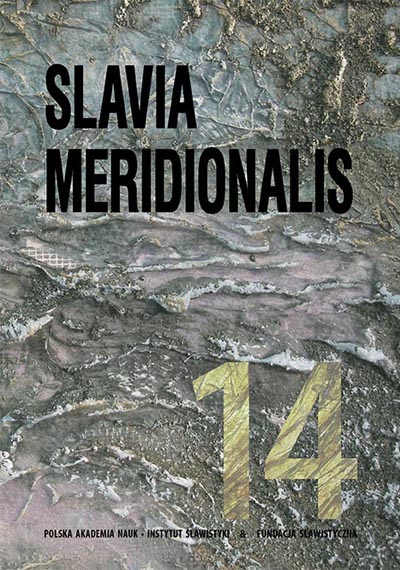Cyrk jako parodia komunizmu. Powieść "Kloktat dehet" Jáchyma Topola
Circus as parody of communism. Gargling with Tar by Jáchym Topol
Author(s): Sylwia SiedleckaSubject(s): Language and Literature Studies, Studies of Literature, Czech Literature
Published by: Instytut Slawistyki Polskiej Akademii Nauk
Keywords: Czech literature; communism; Prague Spring; circus; parody; Jáchym Topol
Summary/Abstract: This article deals with humanism in Jáchym Topol’s novel Gargling with Tar (Kloktat dehet, Prague, 2005). The Czech writer’s perspective is close to the concepts of German philosopher Peter Sloterdijk, who claims that the Romans were not only the authors of the idea of humanitas but also the inventors of bloody games such as circuses. In Topol’s novel, the circus is a holistic political project. The novel refers to the ideas developed in Russia in the 1920s, when a large number of circus theories and artistic manifestos were formulated. The circus was then officially recognised as the most important form of social entertainment (together with cinema) and it gained religious, aesthetic and political functions. By using the grotesque, fantasy and parody (Czechoslovakia as a giant circus), Topol’s novel creates an alternative narrative about the Prague Spring and “normalisation”. New meanings for notions such as progress, revolution and community are also revealed.
Journal: Slavia Meridionalis
- Issue Year: 2014
- Issue No: 14
- Page Range: 443-461
- Page Count: 19
- Language: Polish

